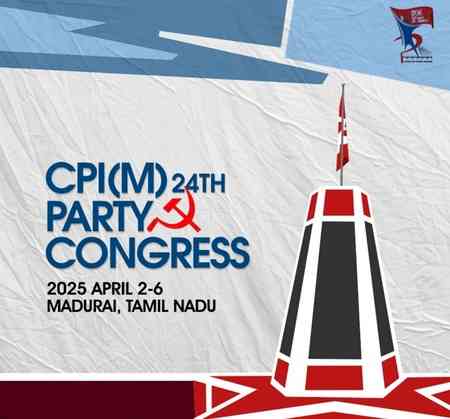Delhi HC recalls order allowing widow to terminate pregnancy over 'mental health' concerns
The Delhi High Court on Tuesday recalled its earlier order permitting a widow to terminate her 29-week pregnancy.

New Delhi, Jan 23 (IANS) The Delhi High Court on Tuesday recalled its earlier order permitting a widow to terminate her 29-week pregnancy.
The Centre had approached the high court seeking to recall its order.
Justice Subramonium Prasad had earlier this month granted permission to the widow, suffering from depression, to terminate her pregnancy saying that its continuation could impact her mental health.
The court had noted a change in the woman's marital status, as she lost her husband and discovered her pregnancy.
It had observed that the right to reproductive choice includes the right not to procreate and acknowledged the woman's suicidal tendencies.
The government had urged the court to prioritise the right to life of the unborn infant, citing the child's fair chance of survival.
The All India Institute of Medical Sciences (AIIMS), where the woman underwent examination, had also presented its perspective, saying that delivering the child at 34 weeks or beyond would yield a better outcome for both the mother and the child.
It had stressed that termination beyond 24 weeks, as per the Medical Termination of Pregnancy (MTP) Act, should be reserved for significant abnormalities, which are not present in this case.
The Union Health and Family Welfare Ministry, represented by Additional Solicitor General Aishwarya Bhati, had said that termination without conducting foeticide could lead to preterm delivery with complications.
Justice Prasad, considering reports of the woman's depression and potential complications, had directed her to undergo further psychiatric evaluation and counselling at AIIMS on January 16, 17 and 18.
The court had asked the AIIMS to provide a detailed report on the physical and mental health of both the woman and the foetus.
The court's earlier order had allowed the widow to undergo the termination procedure at AIIMS, despite surpassing the 24-week gestation period.
The woman got married in February 2023. She lost her husband in October. Upon returning to her parents' house, she discovered she was 20 weeks pregnant. In December, grappling with profound trauma, she opted to terminate the pregnancy. Despite the gestation period exceeding the permissible 24 weeks, she sought court permission. A medical board was formed to evaluate her health condition for the requested pregnancy termination. The court also said that the order was specific to the case, and not a precedent.


 IANS
IANS 








